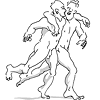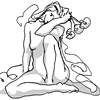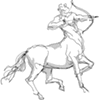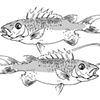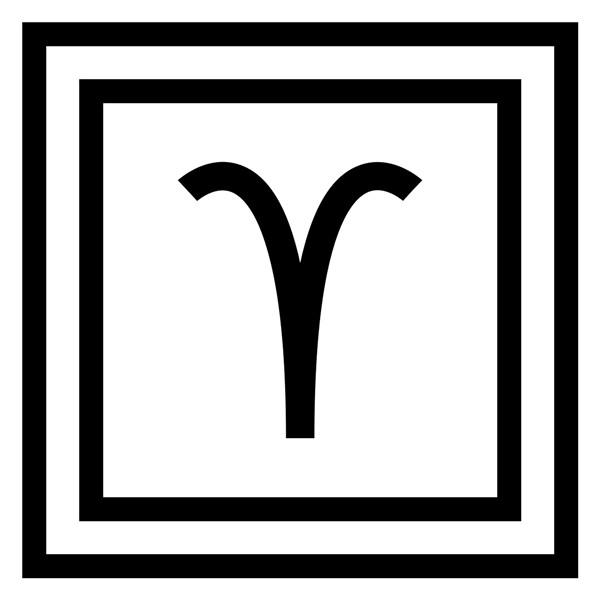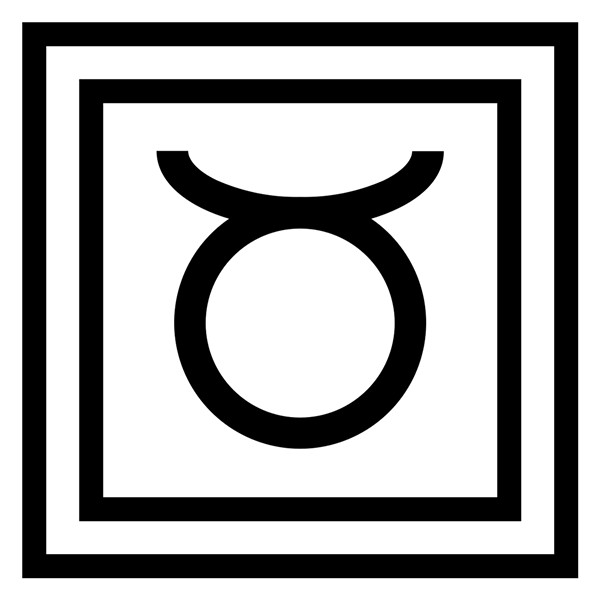On my short to-do list of book projects, I have a concept for one called Know When You Don't Know: A Guide to Investigative Reporting and Life.
I know that not everyone aspires to be an intrepid journalist. The little joke in there is that life is kind of like an investigative reporting project. We're repeatedly put in situations where we don't have full information, or where people are deceiving us in some way, and that leaves just one practical solution—to get to the bottom of things.
In our current environment of information overwhelm, this kind of awareness is indispensible. Yet, for this to work, you would need some hint that you're not working with all you need to know, in order to get you started. Generally that's going to come from you.
I think about this concept a lot—how to know when you don't know. For most people I run it past, it's like a Zen koan, similar to "What is the sound of one hand clapping?" In this case, we could ask, "What happens when you rub one brain cell together?"
Personally, I don't find knowing when I don't know to be paradoxical. It's usually as simple as coming across a word in a book or article, being aware that I don't know what the word means (or that I am uncertain), and stopping to look it up. But I am gathering that this is an unusual approach. It's seemingly easier to guess the meaning of a word than to look it up. Really, skipping the look-up step is just lazy. To know when you don't know, you must be on your toes.
If you're a news reporter, awareness of your knowledge level on any topic is the essence of your work. The difference between knowing and not knowing could be a libel suit, or ruining someone's reputation, or cashing in your trust with the public, or with your editor.
Good reporters have to know the difference between knowing and not knowing. We also have techniques that help us notice. To give one easy example, when two people in authority give you conflicting versions of the same story, you know you have some finding out to do. One of them is wrong, or their accounts add up to something that neither of them is saying.
Or you may discover a document that contradicts what you've been told. You learn something, though you then have the job of debunking what is not true, and establishing what is true. All of this happens while you don't know for sure.
Once you know that you don't know, you can get busy figuring out what is true. That's often an adventure. Asking a question that does not have an obvious answer can lead you to unusual places and to real discoveries. Yet, it's not possible to be lazy and do this, or to have willful ignorance, the opposite of which is curiosity.
Along with that is the factor of being willing to admit that you don't know, which does seem to be difficult for people. In fact that may be one of the biggest barriers: feeling stupid because one does not know, which, in turn, seems to prevent one from finding out.
Isn't it refreshing when someone poses a question to an expert of some kind, and they think about it, and admit they don't know the answer? The reason it's such a happy thing is that it's honest, and that in turn opens up a space where real knowledge, or at least a real question, can enter. There's little difference between the two.
Mercury Square Neptune: That Was Intense
Through May and most of June, we experienced a Mercury retrograde. That involved Mercury making an unusually long-lasting square aspect (90 degrees) to Neptune in Pisces.
Typically, this aspect will last a few days. Thanks to the Mercury retrograde, wherein Mercury stays in a narrow band of the zodiac for a while, the current square has lasted for about two months. It is likely to have effects extending into the future, potentially associated with decisions you made in late spring and early summer.
Mercury retrogrades are growing more intense, as we surround ourselves with Mercury-ruled devices and merge with them evermore intimately.
Many factors in the world are insisting that we proceed through life with increasing clarity. Yet Mercury square Neptune illustrates the brain fog that can take over when there is too much data, conflicting data, or a mental sphere that blocks awareness of your feelings and your body.











